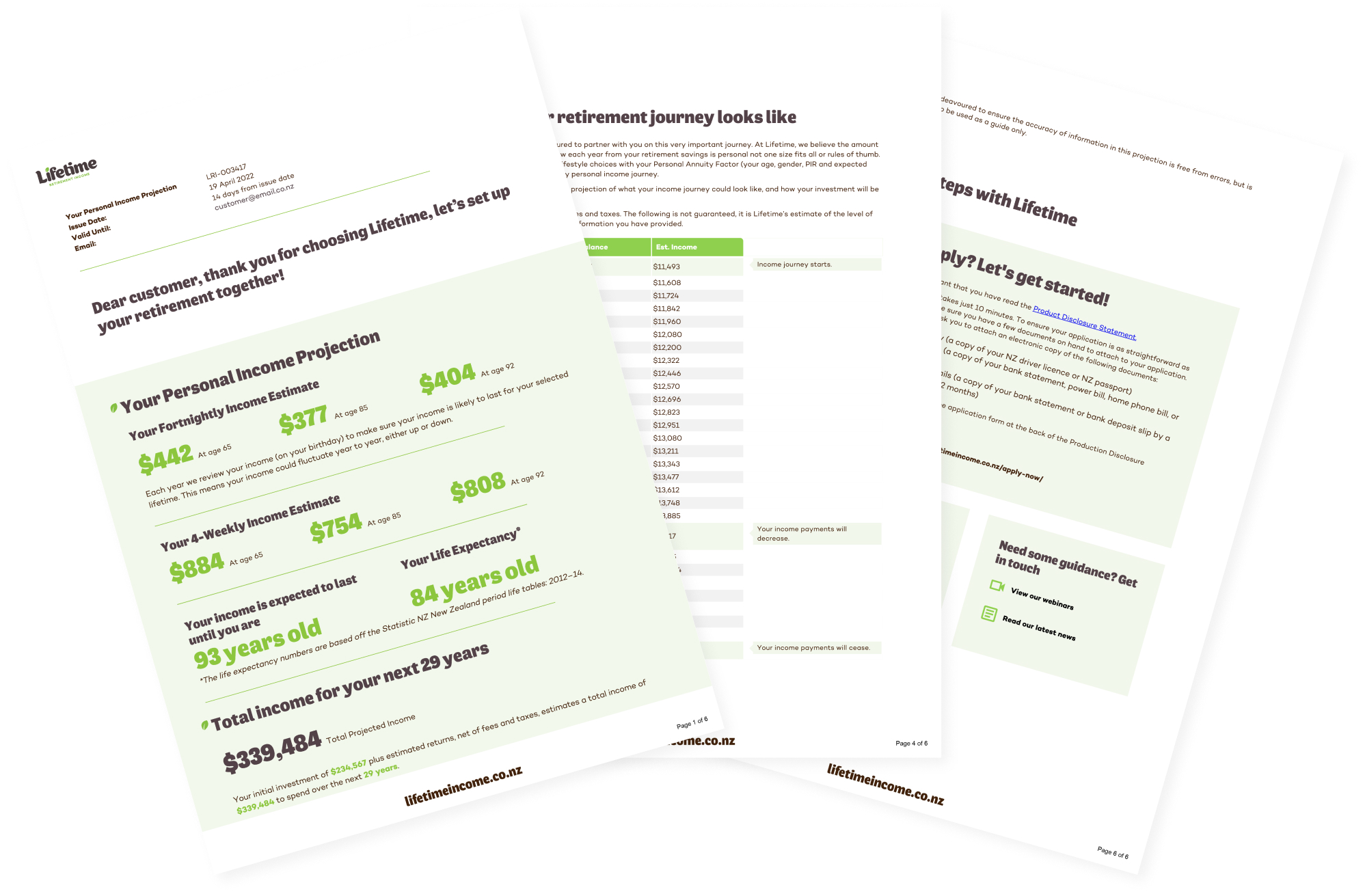Retirement Life
4 July 2025
Why everyone needs an Advance Care Plan
When we think about planning for retirement, we often focus on savings, travel dreams, or maybe downsizing the house. But there’s one vital piece of planning that many overlook; preparing for our future health care with an Advance Care Plan (ACP).
Having an ACP in place can bring valuable peace of mind, for both you and your family. Think of it as a gift to your future self, and a relief to those you love. It’s about making your wishes known, so others aren’t left guessing.
What is an Advance Care Plan?
An ACP is usually a physical (or digital) document you create to record your values, preferences, and wishes for your health care, particularly for a time when you might not be able to speak for yourself. It can include what treatments you would or wouldn’t want, how you’d like to be cared for, your spiritual or cultural beliefs, and even practical things like where to find your important documents.
It’s not just for those facing a serious illness, either. ACPs are for everyone, including perfectly healthy retirees who want to plan ahead “just in case.” Life can throw curveballs, and a little preparation can make a big difference.
Why bother?
Calculate what you could draw in retirement.

The short answer? Control, clarity, and kindness.
Control: You get to decide how you want to be treated, where you'd prefer to receive care, and who should speak on your behalf if you're unable to.
Clarity: Your family won’t have to make difficult decisions without knowing what you would have wanted. Most of us want to spare our loved ones from having to make tough choices on our behalf, but fewer of us actually communicate our end of life wishes to them.
Kindness: Taking the time now to put your thoughts in writing can spare your family stress, confusion, and potential conflict later. It helps your healthcare team too, as they’ll know how best to support you.
What should you include?
Advance Care Plans can be as simple or as detailed as you like. Here are some common things people include:
- Your values: what matters most to you? Independence, comfort, time with loved ones?
- Treatment preferences: would you want to be resuscitated? Put on life support? Focus on comfort care only?
- Where you want to be cared for: at home, in a hospital, hospice?
- Emotional and spiritual needs: any rituals, beliefs or practices that are important to you.
- Your family and support people: who do you want involved in decision-making?
- End-of-life preferences: whether you’d like to be an organ donor, cremated or buried, funeral preferences, and your final resting place.
- Practical details: who holds your Enduring Power of Attorney (EPOA), where is your will kept, and what should happen to any pets.

Where do I start?
There are five basic steps: Think, Talk, Plan, Share, and Review.
1. Think about what matters to you. Reflect on your values, what gives your life meaning, and what quality of life means to you.
2. Talk with your family and healthcare team. These conversations can feel a bit awkward at first, but they’re incredibly.
3. Plan by writing down your wishes. The advance care planning website offers a helpful guide and template, or your GP might have paper copies. You can do it alone or with the support of others.
4. Share your plan with those who need to know. This might include your family, your GP, and your enduring power of attorney. Store it somewhere accessible or ask your GP to upload it to your health record.
5. Review it regularly. What matters to you can change over time, especially if your health changes. Make it a habit to revisit your plan every year, perhaps on your birthday.
The best time is now
While an ACP is not generally a legal document, it will be taken seriously by health professionals, especially if it’s been discussed with your healthcare team and clearly outlines your wishes.
Advance care planning is about making sure your voice is heard, even when you can’t speak. It’s about making sure your care aligns with your values. And it’s not a one-time chore, but an ongoing conversation about what matters most to you.
The best time to make an ACP is before you need one. The more you plan now, the easier things will be for everyone later.
If you’d like to find out more or get started on your own plan, visit advancecareplanning.org.nz or talk to your GP.

Project your retirement income.
Invest with Lifetime for a retirement income managed for living.
